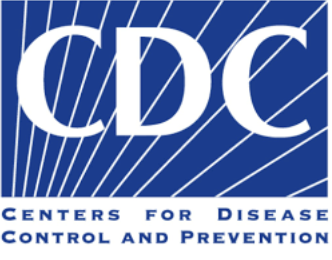
INSTITUTE OF HEALTH EQUITY AND SOCIAL JUSTICE RESEARCH
The Healthy Relationships Project© developed by Prevent Child Abuse Vermont (PCAVT), is a primary prevention intervention that is deployed within school systems to prevent child sexual abuse. The curricula consist of trainings for school staff, six weeks of classroom lessons delivered by either teachers or trainers from outside, and caregiver workshops. The program has been implemented in 30 U.S. states, including statewide in Vermont. Since its implementation, substantiated cases in Vermont dropped 72% between 1992 and 2020, and the number of child perpetrators dropped 77% in that same time. Learn more about The Healthy Relationships Project here. Safe Shores has previously implemented The Healthy Relationships Project© in two separate DC public charter schools with success and will lead the program implementation for this study.
The program evaluation research will be conducted in 6-month intervals using a stepped wedge randomized trial design study. Over the course of 4 years, 16 schools in high-need wards in Washington, DC will take part in the program, with each school serving first as a control site and later as an intervention site in groups of 4 schools. The primary outcome to be studied will be at the school level, where reports of suspected to Safe Shores for different types of child maltreatment will be monitored for changes and reported, without identifying any schools or individuals. Data that Safe Shores receives on reports of suspected child abuse from all Washington, DC public schools will be utilized in this evaluation study. Outcomes to be measured will include the numbers and types of child abuse investigations and other services provided by Safe Shores involving the participating schools including forensic services, family advocacy and case management. Data for secondary outcomes will be collected via online surveys and will include changes among caregivers and teachers in knowledge about child sexual abuse, grooming behaviors, parental monitoring, internet safety, parent-child communication about consent, and self-efficacy for reporting and for protection from child sexual abuse. Program implementation will also be studied for sustainability, buy-in and impacts of the ongoing partnerships on schools and their communities.
The proposed research has enormous public health implications given the tremendous burden of child sexual abuse on social, emotional, and physical well-being. Evidence-based primary prevention interventions to eliminate child sexual abuse are needed; this study will be able to demonstrate the efficacy of the Health Relationships Project which has been operating for over 30 years, in 30 U.S. states, elevating it to the echelon of evidence-based programming. The innovative and novel stepped wedge cluster randomized trial conducted in 16 high need Washington, DC public charter schools, carried out by a highly skilled academic/community-based partnership, will have the methodological rigor and community input to make contributions to the field about how to implement and sustain a highly regarded and feasible school-based primary prevention intervention for child sexual abuse.

Funded by $1.6 million grant awarded by the Centers for Disease Control and Prevention (CDC), National Center for Injury Prevention and Control, Division of Violence Prevention

In collaboration with Prevent Child Abuse Vermont (PCAVT)

Beth Molnar
Principal Investigator
Northeastern University

Christie J. Rizzo
Co-Investigator
Northeastern University

Farzad Noubary
Co-Investigator
Northeastern University

Daphney Mirand
Project Manager
Northeastern University

Chloe Nichols
Graduate Assistant
Northeastern University